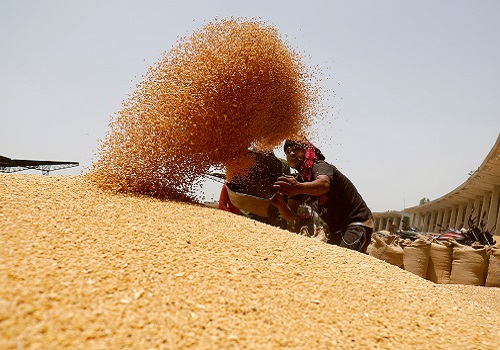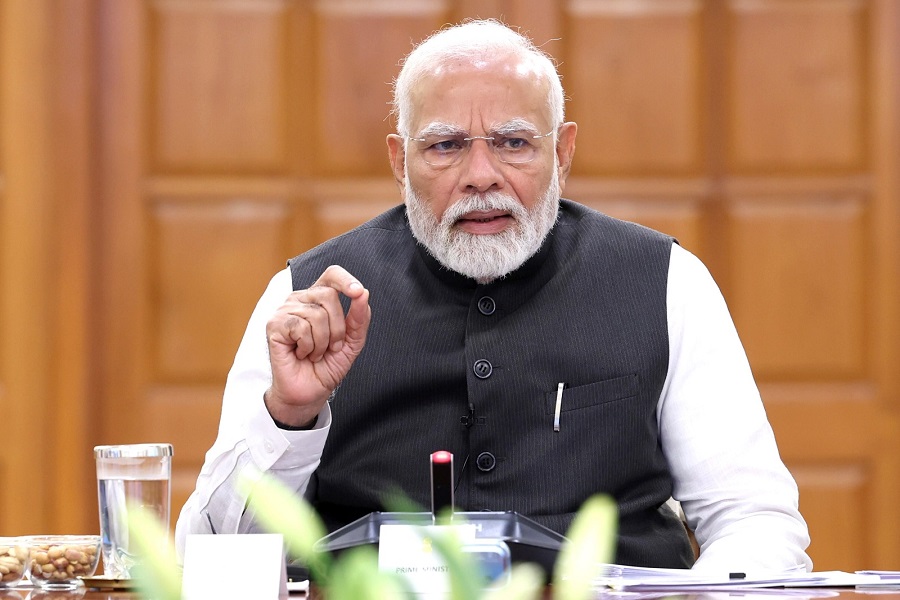India's Wheat Price Surge Pressures Traders Amid Festival Demand Amit Gupta, Kedia Advisory

India's wheat prices have surged to near 10-month highs, despite recent government curbs on trader and miller stock holdings. With prices hitting ?28,416 per metric ton in New Delhi, traders are urging the government to release wheat stocks to ease supply constraints. The upcoming festival season, which boosts demand for wheat, adds to the urgency. Industry players warn prices could rise another 2-3% if stock auctions are delayed. Last year, the government sold record amounts from its reserves, but limited surplus this year has made authorities hesitant to release large quantities, aiming to safeguard reserves for early 2025.
Key Highlights
# India's wheat prices have surged to 10-month highs, reaching ?28,416 per metric ton.
# Government curbs on stock holdings have failed to reduce prices.
# Traders are urging the government to release wheat reserves to ease supply.
# The upcoming Dussehra and Diwali festivals are expected to increase wheat demand.
# Limited wheat surplus has made the government cautious about stock releases in 2024.
India's wheat prices have reached near 10-month highs, trading at ?28,416 ($339.53) per metric ton in New Delhi, a significant jump from ?24,000 in April. Despite recent government measures, including lowering the cap on the amount of wheat that traders and millers can hold, prices continue to climb. These curbs, aimed at increasing availability and cooling prices, have been insufficient to meet the market's needs, especially as the country enters its festival season.
Last year, the government addressed similar concerns by releasing nearly 10 million tons of wheat from state reserves between June 2023 and March 2024, helping millers and biscuit makers meet their demand at affordable rates. However, in 2024, the government has been slower to act, partly due to a limited surplus of wheat in its reserves. Officials are hesitant to release large quantities, prioritizing the need to maintain sufficient reserves for early 2025.
The market now awaits updates from the government on its plan to auction wheat, a move that could stabilize prices. Traders warn that any further delays in these auctions could result in a continued rise in wheat prices, adding pressure to both consumers and industries dependent on the staple.
Finally
As festival demand grows, India's wheat market faces mounting pressure, with rising prices highlighting the urgent need for government intervention to release stocks and stabilize the supply.
Above views are of the author and not of the website kindly read disclaimer




















